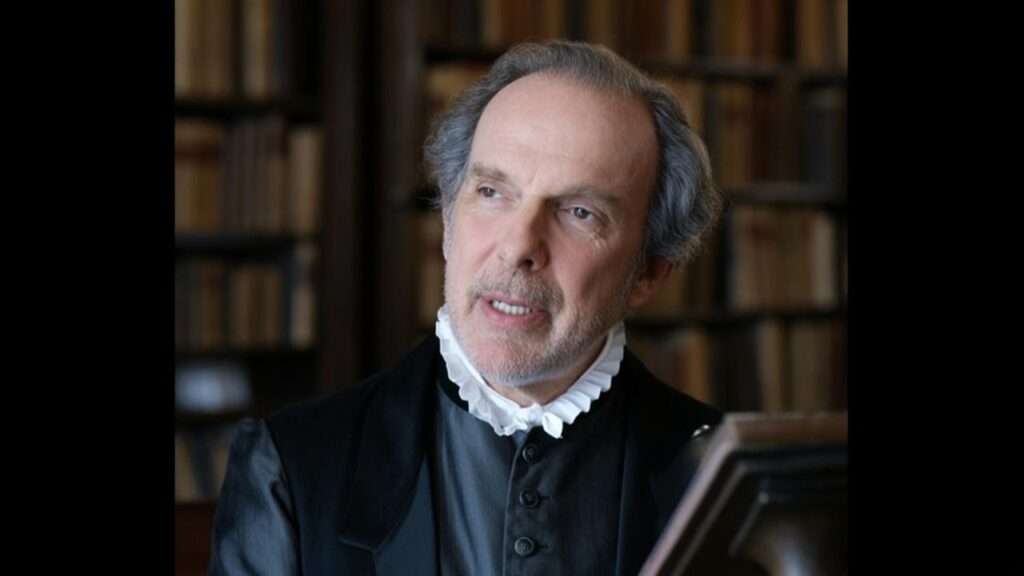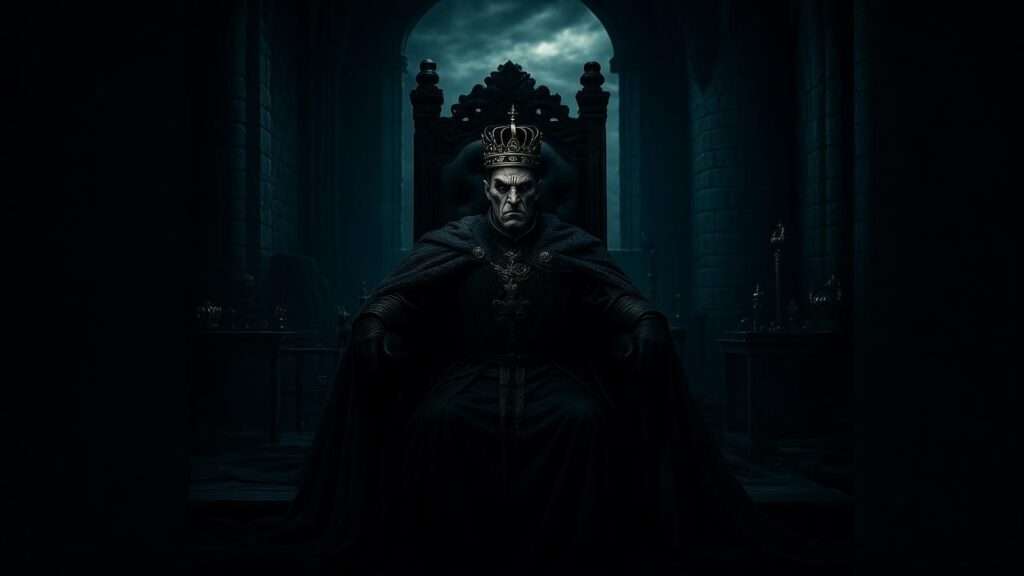Imagine a crown heavy with the weight of a kingdom, a throne shadowed by betrayal, and a medieval king stepping onto the stage, his words weaving a tapestry of ambition, tragedy, and power. In William Shakespeare’s history plays, figures like Richard II, Henry V, and Richard III captivate audiences with their complex portrayals of monarchy. These medieval kings, rooted in England’s turbulent past, reflect not only historical realities but also timeless truths about leadership, morality, and human nature. For Shakespeare enthusiasts and scholars, understanding these monarchs unlocks deeper appreciation of his works and their relevance to modern dilemmas. Written by a Shakespeare scholar with extensive research into Elizabethan drama and medieval history, this article draws on primary sources, historical chronicles, and performance analyses to explore how Shakespeare’s kings embody the essence of power and passion, offering insights that resonate today.
The Historical Context of Medieval Kings in Shakespeare’s Era
Who Were the Medieval Kings?
Medieval kings were more than rulers; they were warriors, judges, and divine representatives, believed to be anointed by God under the doctrine of the divine right of kings. Figures like Richard II, who ruled England from 1377 to 1399, Henry V, who led from 1413 to 1422, and Richard III, whose brief reign from 1483 to 1485 ended at Bosworth Field, shaped England’s political landscape. These monarchs navigated a world of feudal loyalties, rebellions, and wars, such as the Hundred Years’ War and the Wars of the Roses. Their reigns, marked by power struggles and shifting alliances, provided rich material for Shakespeare’s dramatic interpretations.
Why Shakespeare Chose Medieval Kings
In Elizabethan England, medieval history was a lens through which playwrights and audiences explored issues of power, legitimacy, and national identity. Shakespeare, writing under Queen Elizabeth I and later King James I, drew heavily on historical chronicles like Raphael Holinshed’s Chronicles of England, Scotland, and Ireland (1577) to craft his history plays. These works allowed him to comment indirectly on contemporary politics, such as the succession crises under Elizabeth or the divine authority of monarchs under James. By dramatizing medieval kings, Shakespeare could explore universal themes—ambition, betrayal, and governance—while navigating the censorship of his time.
Expert Insight: Holinshed’s Chronicles provided Shakespeare with detailed accounts of historical events, but he adapted these freely to suit dramatic needs, emphasizing emotional resonance over factual precision.
The Appeal for Modern Audiances
Why do Shakespeare’s medieval kings still captivate us? Their struggles mirror modern challenges: leaders grappling with legitimacy, ethical dilemmas, and the burden of responsibility. Henry V’s rousing speeches echo in today’s motivational leadership strategies, while Richard III’s cunning resonates with discussions of political manipulation. By exploring these monarchs, readers and theatergoers gain insights into human nature and the complexities of power, making Shakespeare’s plays timeless.
Example: Henry V’s leadership at Agincourt, as depicted in Henry V, parallels modern executives rallying teams through crises, showcasing strategic vision and charisma.
Shakespeare’s Medieval Kings: Power, Passion, and Tragedy
Richard II – The Fall of a Divine King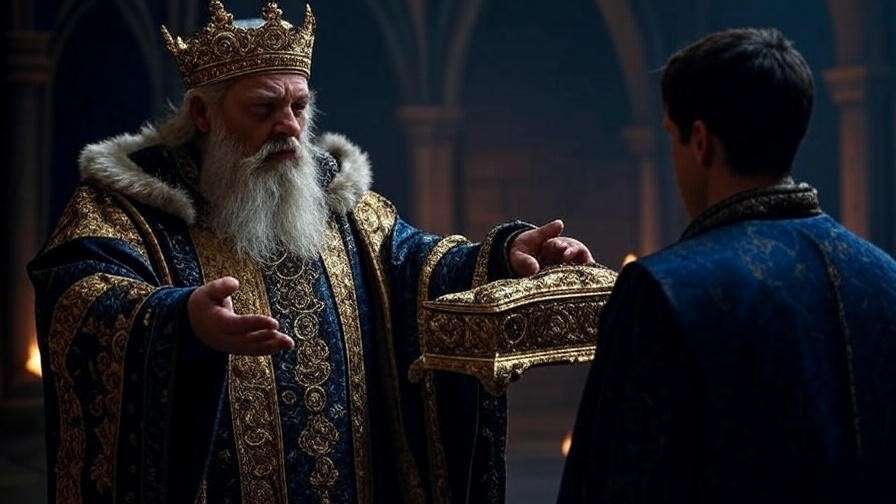
In Richard II, Shakespeare presents a monarch whose poetic eloquence cannot save him from political missteps. Richard II, historically deposed in 1399 by Henry Bolingbroke (later Henry IV), is portrayed as a king obsessed with his divine right yet blind to the practical demands of governance. His downfall, marked by the loss of his crown and identity, is encapsulated in his lament: “I wasted time, and now doth time waste me” (Richard II, Act 5, Scene 5). Shakespeare amplifies Richard’s emotional depth, turning a historical figure into a tragic symbol of hubris and loss.
Key Analysis: This quote reflects Richard’s realization of his squandered authority, a moment that resonates with anyone who has faced the consequences of inaction.
Henry V – The Heroic King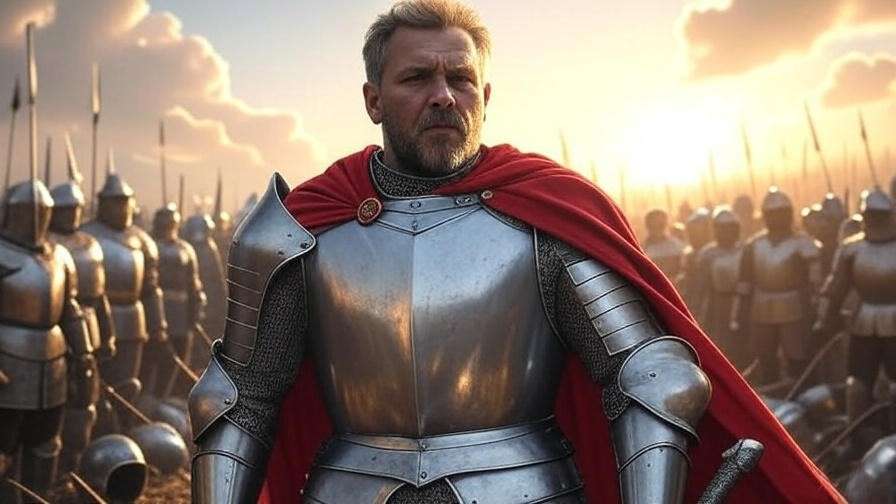
Henry V, immortalized in Henry V, is Shakespeare’s vision of an ideal king: charismatic, strategic, and morally complex. Historically, Henry V’s victory at Agincourt in 1415 solidified England’s claim to French territories, but Shakespeare elevates him into a national hero. His “St. Crispin’s Day” speech (“We few, we happy few, we band of brothers”; Henry V, Act 4, Scene 3) inspires his outnumbered army, blending idealism with pragmatism. Yet, Shakespeare hints at Henry’s ruthlessness, such as his order to kill French prisoners, revealing the darker side of leadership.
Performance Note: Modern productions, like the Royal Shakespeare Company’s 2015 Henry V, often highlight this duality, portraying Henry as both inspirational and calculating.
Richard III – The Villainous King
Richard III, in Richard III, is Shakespeare’s most infamous monarch, a Machiavellian schemer whose ambition leads to treachery and murder. Historically, Richard III’s reputation was shaped by Tudor propaganda, which painted him as a villain to legitimize the Tudor dynasty. Shakespeare leans into this, crafting a charismatic yet monstrous figure who declares, “I am determinèd to prove a villain” (Richard III, Act 1, Scene 1). His psychological complexity—revealed through soliloquies—makes him a compelling study of ambition and moral decay.
Historical Context: The Tudor myth, propagated by chroniclers like Thomas More, influenced Shakespeare’s portrayal, exaggerating Richard’s physical deformities and villainy.
Common Themes Across Shakespeare’s Kings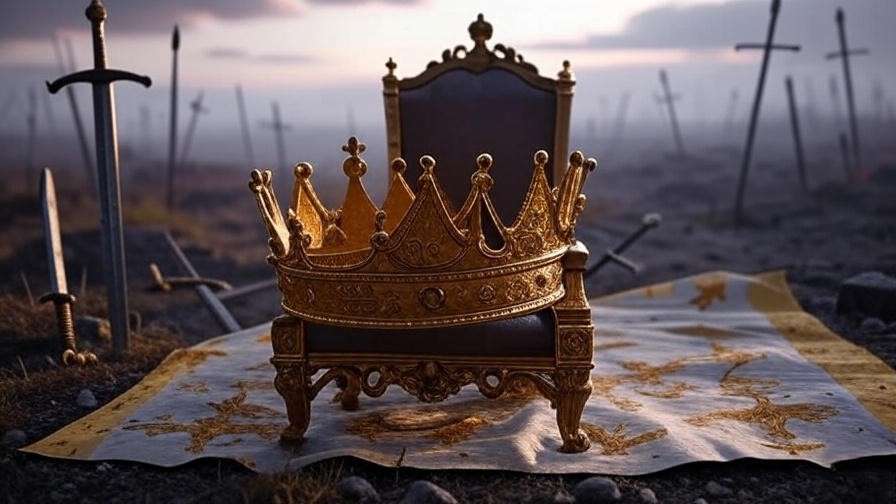
Shakespeare’s medieval kings share recurring themes: the legitimacy of rule, the consequences of betrayal, the weight of divine right, and the personal toll of leadership. Whether it’s Richard II’s fall, Henry V’s triumphs, or Richard III’s treachery, these plays explore the human cost of power. Readers can trace these themes across the history plays, from Henry IV’s guilt-ridden reign to Henry VI’s weak leadership, finding universal lessons in each.
Tip: When reading or watching these plays, note how Shakespeare uses betrayal—whether by allies, family, or self—as a catalyst for each king’s fate.
Historical Accuracy vs. Dramatic Craftsmanship
How Shakespeare Adapted History
Shakespeare relied on sources like Holinshed’s Chronicles and Edward Hall’s The Union of the Two Noble and Illustre Families of Lancaster and York (1548) for historical details. However, he often compressed timelines, altered events, or amplified conflicts for dramatic effect. For example, in Henry IV, Parts 1 and 2, the historical rebellion of Hotspur is condensed into a tighter narrative, heightening tension and character development. These adaptations prioritize storytelling over strict accuracy, making the plays accessible and emotionally gripping.
Example: The historical Henry IV ruled for 14 years, but Shakespeare focuses on key moments, like the Battle of Shrewsbury, to streamline the narrative.
The Role of Elizabethan Politics
Shakespeare’s portrayals were shaped by the political climate of Elizabethan and Jacobean England. Under Elizabeth I, plays about deposition, like Richard II, were sensitive, as they echoed fears of rebellion. A famous performance of Richard II in 1601, commissioned by supporters of the Earl of Essex, omitted the deposition scene to avoid royal censure. Under James I, who emphasized divine right, Shakespeare’s kings often reflected debates about monarchical authority.
Expert Insight: The censored deposition scene in Richard II was restored in later quarto editions, revealing Shakespeare’s bold commentary on power.
Why Historical Accuracy Took a Backseat
Shakespeare’s goal was not to document history but to explore human nature through it. By prioritizing emotional and thematic resonance, he crafted stories that transcend their historical roots. For example, Richard III’s villainy is exaggerated to highlight moral decay, while Henry V’s heroism is amplified to inspire patriotic fervor. This approach ensures the plays remain relevant, offering insights into leadership and ethics that apply to any era.
Practical Takeaway: Approach Shakespeare’s history plays as both historical reflections and universal stories, appreciating their blend of fact and fiction.
The Dramatic Power of Shakespeare’s Medieval Kings
Language and Rhetoric
Shakespeare’s mastery of language brings his medieval kings to life, using iambic pentameter and powerful soliloquies to reveal their inner worlds. Richard III’s opening soliloquy in Richard III—“Now is the winter of our discontent / Made glorious summer by this sun of York” (Act 1, Scene 1)—sets the tone for his cunning ambition, inviting audiences into his twisted psyche. Similarly, Henry V’s rousing speeches, like the “St. Crispin’s Day” address, use rhetorical flourishes to inspire loyalty and courage. These linguistic choices not only define each king’s character but also make their struggles visceral and relatable.
Example: Richard III’s soliloquy showcases his self-awareness as a villain, a psychological depth that captivates modern audiences and actors alike.
Stagecraft and Symbolism
Shakespeare’s use of stagecraft amplifies the grandeur and fragility of kingship. Crowns, thrones, and battle scenes serve as potent symbols. In Richard II, the act of Richard handing over his crown to Bolingbroke visually underscores his loss of power, a moment often staged with stark simplicity to heighten its tragedy. In Henry V, the chaotic battle scenes contrast with moments of quiet reflection, emphasizing the cost of war. These visual elements make the plays accessible, even to audiences unfamiliar with medieval history.
Performance Tip: Watch the Royal Shakespeare Company’s Richard III (2016, with David Troughton) or Shakespeare’s Globe’s Henry V (2012) to see how directors use props and staging to enhance these symbols.
Audience Connection
Shakespeare’s kings resonate because they embody universal human experiences: ambition, doubt, triumph, and failure. Richard II’s poetic despair speaks to anyone who has lost their sense of purpose, while Henry V’s leadership inspires those facing overwhelming odds. Richard III’s charisma, despite his villainy, fascinates audiences, prompting reflection on the allure of power. By connecting historical figures to timeless emotions, Shakespeare ensures his plays remain relevant across centuries.
Reader Engagement: Which king do you find most compelling? Share your thoughts in the comments or reflect on how their struggles mirror challenges in your own life.
Lessons from Shakespeare’s Medieval Kings for Today
Leadership Insights
Shakespeare’s medieval kings offer valuable lessons for modern leaders. Henry V’s ability to unite his troops through inspirational rhetoric, as seen in his “Band of Brothers” speech, mirrors effective leadership strategies in politics, business, or community organizing. His blend of empathy and decisiveness provides a model for motivating teams under pressure. Conversely, Richard II’s failure to balance divine authority with practical governance highlights the dangers of detached leadership, a cautionary tale for today’s executives.
Example: Henry V’s speech can be compared to a CEO rallying employees during a company crisis, emphasizing shared purpose and collective strength.
Moral and Ethical Dilemmas
The moral complexities of Shakespeare’s kings resonate with contemporary ethical debates. Henry V’s decision to execute prisoners at Agincourt raises questions about the morality of wartime decisions, while Richard II’s obsession with divine right prompts reflection on the dangers of unchecked power. These dilemmas encourage readers to consider how leaders balance personal values with public responsibilities, a topic relevant to politics, business, and personal life.
Practical Application: Use a framework inspired by Shakespeare’s kings—assessing intent, impact, and accountability—to evaluate leadership decisions in your workplace or community.
Power and Responsibility
Richard III’s ruthless pursuit of power illustrates its corrupting potential, a theme that echoes in modern discussions of political ambition or corporate greed. His downfall, driven by his own treachery, underscores the importance of ethical responsibility in leadership. Shakespeare’s kings remind us that power, without accountability, leads to self-destruction.
Expert Insight: The themes in Richard III align with Machiavelli’s The Prince, which argues that effective rulers must balance fear and love. Shakespeare, however, adds a moral lens, showing the consequences of amorality.
How to Engage with Shakespeare’s Medieval Kings
Reading the Plays
To fully appreciate Shakespeare’s medieval kings, choose annotated editions like the Arden Shakespeare or Folger Shakespeare Library, which provide historical context and glossaries for Elizabethan language. Start with Henry V for its accessibility or Richard III for its psychological depth. Reading alongside a companion guide, such as Emma Smith’s This Is Shakespeare, can clarify historical references and thematic nuances.
Tip: Keep a notebook to jot down key quotes or themes, such as legitimacy or betrayal, to track their development across the plays.
Watching Performances
Experiencing Shakespeare’s kings on stage or screen brings their stories to life. Notable adaptations include Kenneth Branagh’s 1989 film Henry V, which captures the play’s patriotic fervor, and Ian McKellen’s 1995 Richard III, set in a fascist-inspired 1930s England. Streaming platforms like BBC iPlayer, Globe Player, or Kanopy offer access to high-quality productions. Live performances, such as those at Shakespeare’s Globe or the Stratford Festival, provide an immersive experience.
Where to Watch: Check Globe Player for recent productions or Kanopy for classic adaptations, often available through library subscriptions.
Joining the Conversation
Engage with Shakespeare’s works by joining discussion groups, attending festivals, or participating in online forums like the Shakespeare subreddit or Folger Shakespeare Library’s virtual events. Events like the Stratford Festival in Ontario or Shakespeare’s Globe workshops offer opportunities to connect with enthusiasts and scholars. Sharing insights on social media with hashtags like #Shakespeare or #HistoryPlays can spark meaningful discussions.
Example: The Stratford Festival’s 2023 Richard II production prompted lively debates about leadership and loyalty—join similar conversations to deepen your understanding.
FAQs About Shakespeare’s Medieval Kings
- Question 1: How historically accurate are Shakespeare’s portrayals of medieval kings?
Answer: Shakespeare drew on chronicles like Holinshed’s but prioritized drama over accuracy, compressing timelines and amplifying conflicts. For example, Henry IV condenses a 14-year reign into a focused narrative. This balance makes the plays both historical and universal. - Question 2: Why are Shakespeare’s history plays still relevant today?
Answer: Themes of power, betrayal, and leadership resonate with modern challenges, from political campaigns to corporate governance. Henry V’s speeches inspire teamwork, while Richard III’s ambition warns against unchecked power. - Question 3: Which Shakespearean king is the most compelling?
Answer: It depends on your perspective: Henry V for heroism, Richard II for tragic depth, or Richard III for villainous charisma. Each offers unique insights into human nature—explore them to find your favorite. - Question 4: How can I better understand Shakespeare’s language in these plays?
Answer: Use annotated editions, watch performances to grasp emotional context, and consult glossaries for unfamiliar terms. Reading aloud or attending workshops can also enhance comprehension.
Shakespeare’s medieval kings—Richard II, Henry V, Richard III, and others—offer a window into the complexities of power, passion, and tragedy. Rooted in historical chronicles yet shaped by Shakespeare’s dramatic genius, these monarchs reflect both the medieval world and timeless human struggles. By exploring their stories, readers and theatergoers gain insights into leadership, morality, and the human condition, making these plays essential for both casual fans and dedicated scholars. Dive into Henry V for inspiration, Richard III for intrigue, or Richard II for poetic tragedy—each offers lessons that resonate today. Share your favorite Shakespearean king in the comments, or attend a performance to experience their power firsthand.


